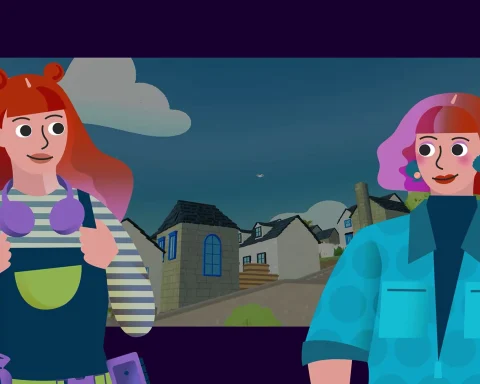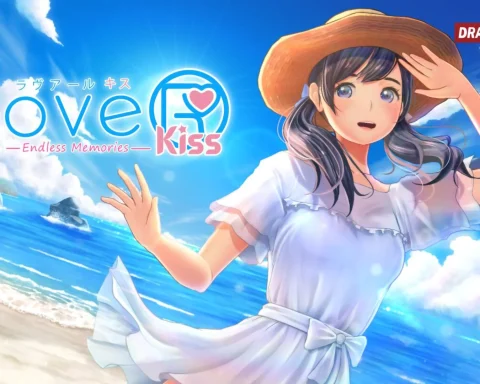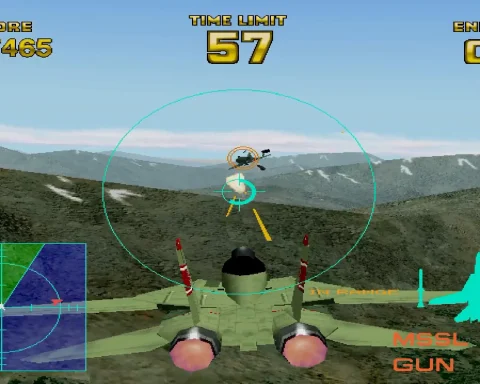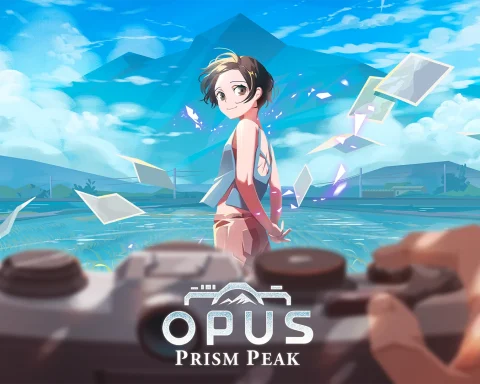You wouldn’t know it, but Generation of Chaos: Pandora’s Reflection is actually the sixth main entry in a relatively niche JRPG franchise. This makes it tough to appreciate just how dramatically Pandora’s Reflection shakes up the established formulas of the previous titles. If there’s an advantage to this though, it’s that the series is now more palatable for the uninitiated.
Most of your units are actual characters rather than vague soldier representations, which bolster’s the game’s story somewhat. Speaking of which, the plot revolves around the conflicts between the lower and upper classes of society as well as the struggle of protagonist Claude’s cursed sister, Yuri. The two must venture through dire landscapes in search of both food and a cure for Yuri. You’ll amass equally perplexed allies from all walks of life including mermaids, alchemists, and valkyries as your struggle gradually intertwines with the fate of the world. The writing is average by genre standards, but there are at least several admirable attempts to break away from archetypal characters and concepts.










